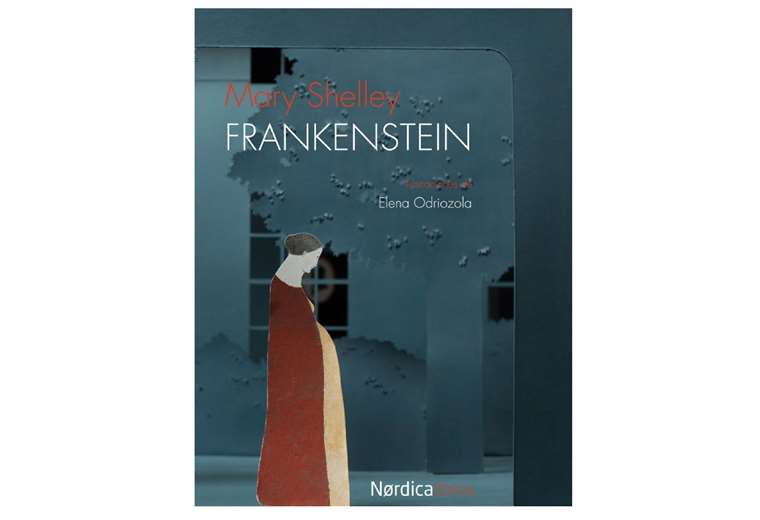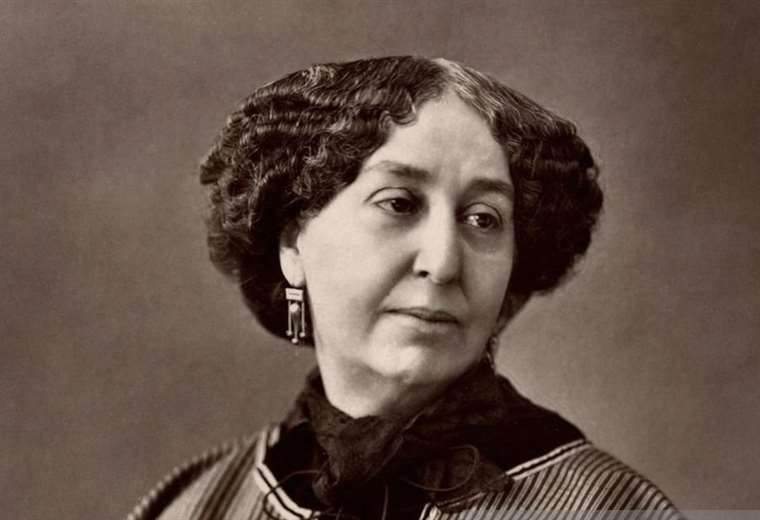March 13, 2023, 8:00 AM
March 13, 2023, 8:00 AM
We are still in women’s month, so it is important to remember March 8 as a commemorative date that celebrates the multiple pioneering struggles of activists in search of equality and participation in society. We know that the fight began in 1910 in the city of Copenhagen, Denmark, under the commanding voice of Clara Zetkin, a faithful activist in search of the right to universal vote and the active voice of women in those decisions.
If we search in history, from texts like the old testament, the Iliad and the Odyssey the voice of the woman was silenced centuries before, always identified as a mother or a mere sexual object with the intention of aggrandizing her male counterpart. But the times that she was heard in a sense of clear protest were in scenarios as peculiar as the ones I want to present to you today.
“Make love and not war”
In the year 411 BC, a work was represented for the first time, in protest by women before the people of Athens and Greece, its protagonist Lysistrata proposes to his peers Cleonico and Mirrino to challenge the council and power by starting a sex strike, Tired of sending their husbands and children to wars and death camps, they decide to impose a sexual famine in protest. Aristophanes makes the scenic representation of the triumph of reason and the feminine dialogue that continues in force for almost 2,500 years. In her eagerness to demand Lysistrata gives birth to the famous phrase “Make love and not war”.
Other scenarios showed women’s struggles in very unique spaces, for example, in the literary field, intellectual women had to resort to the use of pseudonyms in order to be published. George Sand, pseudonym of Amantine Aurore Lucile Dupin, through her masculine given name wrote and published 143 volumes of novels, 49 plays and 24 comedies. She was ‘recognized’ as the fundamentalist author of French Romanticism despite being a woman, ironically the name Aurora Dupin is more famous for her illicit affair with Chopin than for her writing.
Many women in the world of letters suffered censorship or poor recognition of their work. Frankenstein published in the year 1818 was written as part of a challenge between men, on a rainy night in 1816 in the city of Geneva. Lord Byron, John Polidori and the poet Percy Byshee Shelley accompanied by his girlfriend Mary Wollstonecraft Godwin, challenged each other to write the best horror novel, this challenge gave rise to two great literary classics The Vampire by Polidori and Frankenstein by Mary Shelley who When she got married with the help of her husband, she was able to turn her story into one of the most widely read novels of recent times, even reaching several movie versions.

Till the date the Nobel Prize for literature was awarded 115 times and only 17 times were women recognized by the Swedish Academy.
But not everything is a manifesto demanding more, currently we can witness historical changes generated by women, be it in the field of science, literature or cinema and even politics, we can continue to be obsessed with the glass ceiling that we want to govern so much. having conquered many other less notorious fields, but no less important, we are a significant labor force (according to UN Women, 740 million work in the informal economy) in all countries. Since we won our right to vote and study, we are an example of multitasking and balancing career and home.
Constance Arata wait for your comments on Facebook: The book addict Bolivia

















